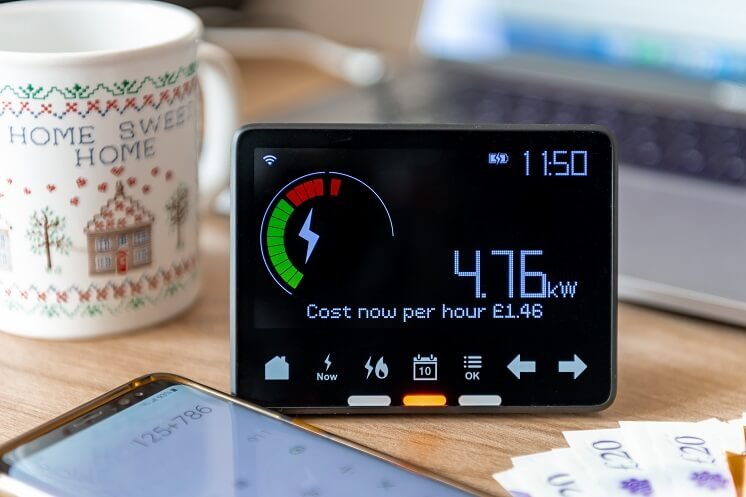Do I Need to Change My Meter for Solar Panels? Understanding Metering Requirements for Solar Energy Integration
Solar panels have become an increasingly popular choice for homeowners seeking to harness clean and renewable energy while reducing their electricity bills. As you embark on the journey to install solar panels on your property, you may wonder: do I need to change my meter to accommodate solar energy generation? In this blog post, we'll explore the considerations surrounding metering requirements for solar panel installations.
When you install a solar PV (photovoltaic) system on your property, it generates electricity from sunlight. This electricity can be used to power your home, and any excess can be fed back into the grid. To accurately measure and account for this energy flow, your electrical meter plays a crucial role.
There are generally two types of electrical meters:
Traditional (Bi-Directional) Meter: Older homes may have a traditional meter that measures energy consumption in one direction. In the context of solar panels, a bidirectional meter is often required to measure electricity flowing both from the grid to your home and from your solar panels back to the grid.
Smart (Net) Meter: Modern homes may be equipped with smart meters, which are designed to measure electricity usage in both directions. Smart meters provide more detailed and real-time information about energy consumption and generation.
Whether you need to change your meter for solar panels depends on various factors, including:
Local Regulations: Check with your local utility company and regulatory authorities to understand their requirements for solar panel installations. Some regions mandate the installation of a bidirectional or smart meter when you install solar panels.
Net Metering Policies: Many places have net metering policies that allow homeowners to receive credits for excess solar energy they contribute to the grid. For effective net metering, a bidirectional or smart meter is typically necessary.
Upgrading for Efficiency: Even if your existing meter technically supports solar integration, upgrading to a smart meter can offer benefits such as more accurate readings, remote monitoring, and improved data for optimizing your solar energy usage.
Your solar PV system includes an inverter that converts DC (direct current) electricity generated by the solar panels into AC (alternating current) for use in your home. The inverter communicates with the meter to ensure accurate measurements of energy flow.
To determine whether you need to change your meter for solar panels, it's advisable to consult with your utility provider or an authorized solar installer. They can provide information about metering requirements specific to your location and guide you through any necessary metering upgrades.
Ensuring that your solar panel system is properly metered and complies with local regulations is crucial. Compliance not only ensures that you receive fair compensation for the energy you contribute to the grid but also avoids any potential issues with your utility provider.
In many cases, upgrading or changing your meter for solar panels is a necessary step to accurately measure energy flows and take full advantage of net metering benefits. By consulting with professionals, staying informed about local regulations, and understanding your metering options, you can ensure a seamless integration of solar energy into your home.
Remember, the specifics can vary based on your location and utility provider, so always seek guidance from local experts to make informed decisions about metering for your solar panel installation.


